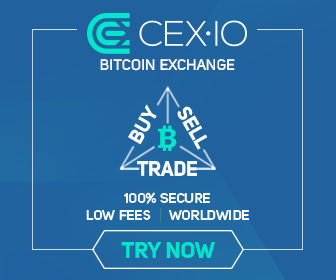Following reports that AT&T, the nation’s second-largest wireless carrier, held talks regarding a possible acquisition of Time Warner, AT&T has now formally confirmedthat it will be purchasing the entertainment conglomerate in a stock-and-cash transaction valued at $107.50 per share. The purchase price implies a total equity value of $85.4 billion and a total transaction value of $108.7 billion.
The agreement has been approved unanimously by the boards of directors of both companies. It gives AT&T access to Time Warner’s precious media properties like CNN, HBO, TNT and Warner Bros, as well as films like Harry Potter, Batman, Superman and next-generation super hero movies being developed by DC Comics.
The blockbuster merger, pending regulatory approval and closing before year-end 2017, will create a unique company that’ll “define the future of media and communications”.
The cash portion of the purchase price will be financed with new debt and cash on AT&T’s balance sheet. The carrier has an 18-month commitment for an unsecured bridge term facility for $40 billion and expects $1 billion in annual run rate cost synergies within three years of the deal closing.
For Time Warner, merging with AT&T should help bring their shows to customers across all platforms and devices. Time Warner already partners with cable operators which sell HBO subscriptions and bundle its programming. And with HBO NOW, Time Warner has started serving shows directly to customers via online-only subscriptions.
For customers, the merger should enhance access to premium content on all their devices while providing new choices for mobile and streaming video services and a stronger competitive alternative to cable TV companies.
“Owning content will help AT&T innovate on new advertising options, which, combined with subscriptions, will help pay for the cost of content creation,” according to the press release. “This two-sided business model—advertising and subscription-based—gives customers the largest amount of premium content at the best value.”
Over time, AT&T expects to achieve incremental revenue opportunities that neither company could obtain on a standalone basis. Time Warner will represent about fifteen percent of the combined company’s revenues.
New forms of original content built for mobile and social are to be expected, the companies said, building on Time Warner’s HBO NOW and the upcoming launch of AT&T’s over the top video offering, called DIRECTV NOW.
“By combining our content businesses with AT&T’s more than one hundred million subscribers across television, mobile and broadband—and the customer insight that that provides—we can take our ability to innovate faster and pursue this opportunities really on a whole new level,” said Time Warner CEO Jeff Bewkes, who is 64 years old.
For AT&T, buying Time Warner is a long term content play.
“The media and communications industries are converging,” said AT&T CEO Randal Stephenson. “And when it comes down to it, premium content always wings. It’s been true on the big screen, the TV screen and now it’s proven to be true on the mobile screen”.
Stephenson announced the deal in a video message seen below.
“Time Warner is second to none in creating content that connects with audiences around the world, and its vast library is unrivaled. Hands down, they have the best creative talent in the industry”, he said.
The carrier is obviously betting that it will be able to boost profit by selling Time Warner’s premium content to the 180 million customers who subscribe to AT&T’s TV, mobile and broadband service.
”The future of video is mobile, and the future of mobile is video. There will always be big screen TVs in our homes, but mobile video is what our customers are demanding,” Stephenson said.
The merger is subject to approval by Time Warner Inc. shareholders and review by the United States Department of Justice.
Top image: Time Warner’s New York headquarters via Scott Mlyn for CNBC.




0 comments:
Post a Comment